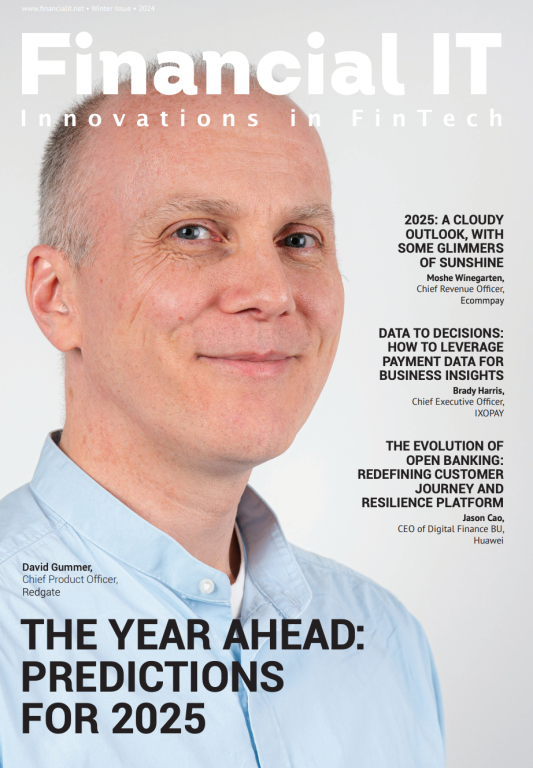Published
- 05:00 am
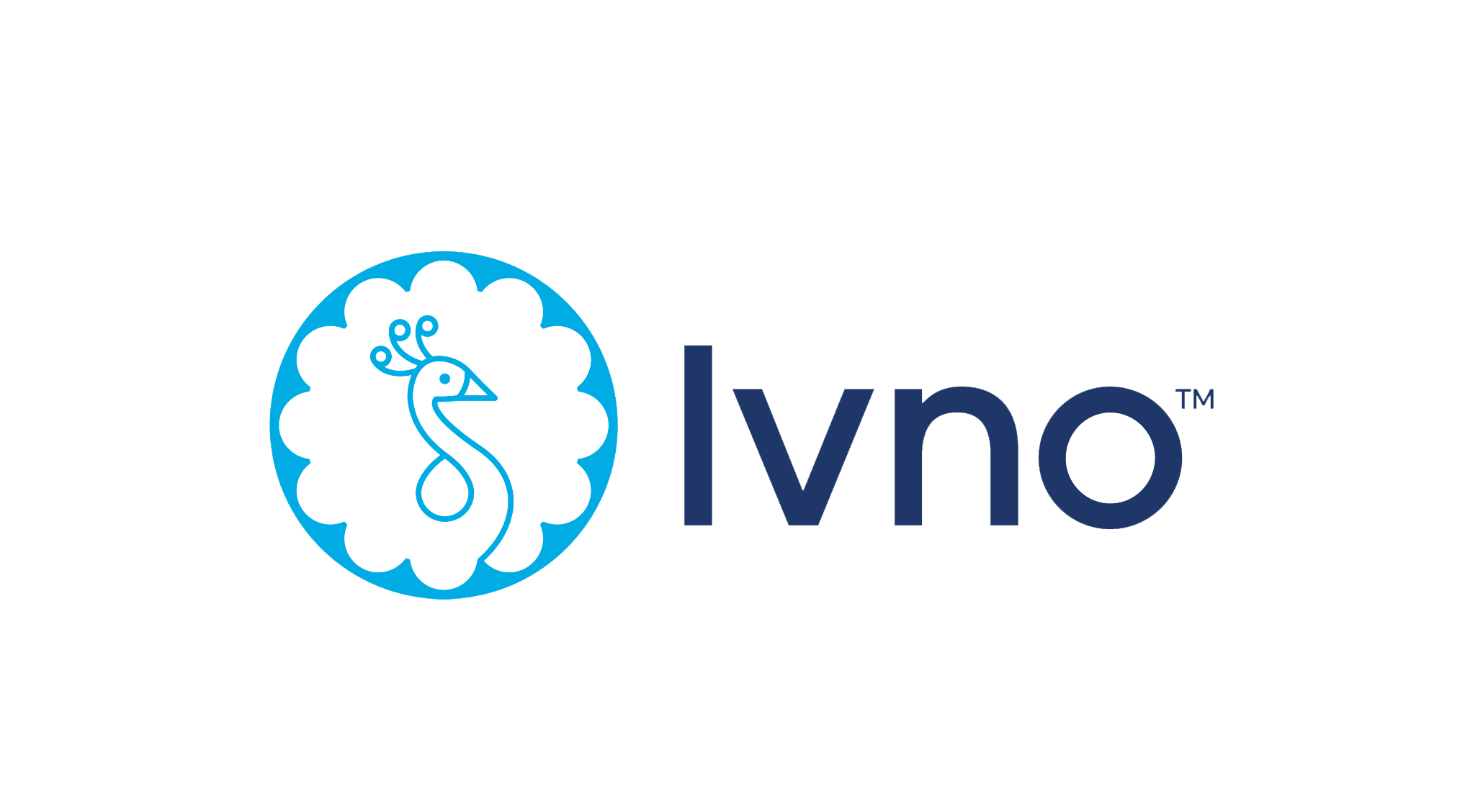
R3 has acquired the technology and team of the financial asset tokenization specialist Ivno, enabling the use of Ivno-developed capabilities across the Corda platform. This acquisition further strengthens R3’s capabilities in the digital assets and currency space.
Ivno’s secure, dynamic smart contract and tokenization platform is designed for regulated financial services firms. It enables users to rapidly tokenize assets such as gold, cash, collateral and artwork, providing a modern way to increase liquidity, improve security and enable the rapid and low-cost transfer of assets.
The solution was developed to comply with regulatory requirements, and its robust design delivers atomic transactions on a 24/7 basis, meaning settlement failures, delays and related infrastructure issues are consigned to history.
Integrating Ivno’s capabilities will empower R3’s customers to optimize balance sheet management through tokenization of underlying assets while benefitting from the performance and security of Corda. It will also enhance the capabilities of the R3 Sandbox for Digital Currencies, allowing customers to experiment with tokenization of digital assets and explore various emerging stablecoin models before moving to the production-ready solution.
Aaron Grantham, CEO of Ivno, said: “Customers will be able to take advantage of Ivno’s innovative tokenization software capabilities with the benefits offered by a true enterprise framework provided by R3. I am convinced this will allow rapid adoption of new business solutions using DLT-led technology paradigms.”
Todd McDonald, Chief Product Officer of R3, said: “Digital cash and tokenized liquid assets represent one of the biggest innovations in financial markets. The underlying technology provides an opportunity to significantly optimize the cost and speed of financial transactions. The acquisition of Ivno’s high-quality software built on Corda significantly accelerates R3’s ability to offer enterprise-grade and regulatory-friendly stablecoin issuance capabilities to our customers. As the first step, Ivno’s capabilities will be integrated with the R3 Sandbox for Digital Currencies.”
Related News
- 09:00 am

Partnership with SWIFT enables integrated cross-border payments tracking
Bottomline (NASDAQ:EPAY), a leading provider of financial technology that makes business payments simple, smart and secure, today announced the latest API-based payments tracking service for banks worldwide, integrating SWIFTgpi data. The gpi data is captured on behalf of Bottomline clients and is integrated into their payments workflow, which simplifies and unifies the API access points.
In launching this service, Bottomline joins SWIFT’s new Platform Partnership Programme in which third-party providers can offer the benefits of API connectivity to SWIFT to their banking customers.
The APIs enable a new level of end-to-end transparency and payment status for cross-border payments in real-time. It can help banks and their corporate customers to have full visibility on the status of their cross-border payments throughout the whole transaction lifecycle. Using Bottomline, the APIs are presented through a secure, fast and easy-to-access payment gateway.
Pilot customers who have signed up for this new platform service can see immediate benefits, irrespective of whether they are existing Bottomline customers, new gpi banks, or existing gpi users.
Gaby Sulbaran, Global Head of Platform Partners at SWIFT added: “This partnership is an important milestone in easing adoption, extending reach, and enabling Bottomline customers to benefit from the range of innovative API-based services available on SWIFT. We’re delighted that the pilot has gone smoothly and we are now ready to scale globally for the wider SWIFT user community.”
Daniel Bardini, Managing Director at Bottomline said: “The digital roadmap in payments has accelerated in the last 12 months. It’s important we continue to lead the way with the latest offerings, like API for gpi which we have delivered with SWIFT, so our customers stay competitive and can modernise their operations without disruption.”
Related News
- 06:00 am
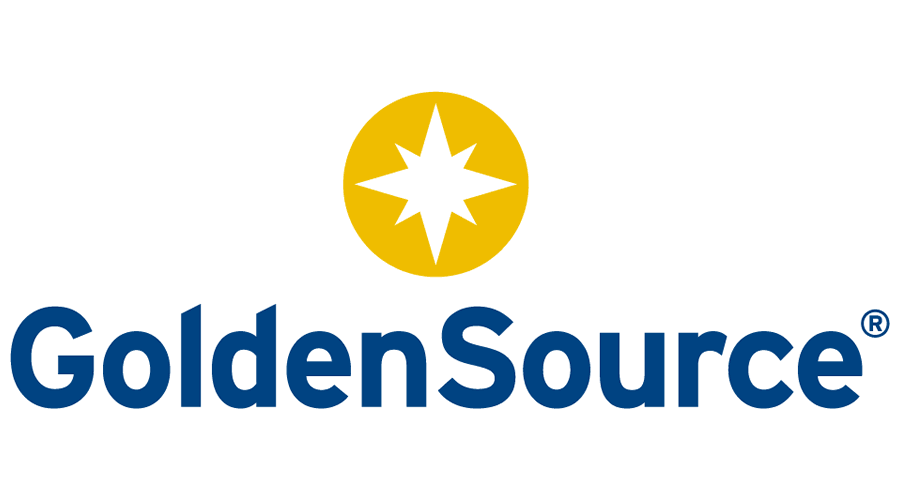
GoldenSource today announced that ICE’s ESG Reference Data service will now be integrated with GoldenSource ESG Impact, which provides ESG data for buyside and sellside investors. ICE’s ESG Reference Data offers detailed ESG information and analytics that can be essential for investment decisions, risk management, regulatory reporting, and meeting stated goals in sustainability.
With SFDR principal adverse impact (PAI) indicators being key for entity- and product-level reporting on website disclosures and as part of pre-contractual information, ICE’s data integrated with GoldenSource’s calculation functionality can provide investment managers with speedy access to critical ESG metrics. With RepRisk’s ESG risk data and BofA’s ESGMeter™ scores included as part of ICE’s offering, firms signing up to ICE ESG Reference Data on GoldenSource will be able to draw on a rich source of ESG insights for use across their business.
Seamless integration with data from ICE’s Business Entity Service, integrated into GoldenSource ESG Impact via Connections to the GoldenSource EDM platform, will help ensure that when ESG data is lacking for the investee company itself, one can look to backfill it from companies in the same entity hierarchy. Until disclosing firms mature the capture, measurement and presentation of ESG data, such mapping can be invaluable.
Anthony Belcher, Head of Sustainable Finance at ICE Data Services, said: “Detailed and highly-curated ESG content is becoming an ever more critical data type for financial services firms throughout their investment decision-making process, as well as for satisfying reporting and disclosure requirements. We are pleased to work with an established provider like GoldenSource, who have a track record of enabling high-value data for the institutional investment community,”
Volker Lainer, Head of Connections & Regulatory Affairs at GoldenSource, said: “ICE ESG Reference Data contributes a key dataset to service the multitude of ESG-related tasks and decisions that investment firms are facing. Its breadth and depth of coverage provides insight and comparative information on a broad range of companies. We are pleased to be able to provide our GoldenSource ESG Impact clients with fuss-free access to this important resource when they sign up for this service.”
ICE’s ESG Reference Data service is part of Intercontinental Exchange (NYSE: ICE), a leading global provider of data, technology, and market infrastructure.
Related News
- 03:00 am

- 84% of small businesses suffer from late payments, with one in eight waiting more than 60 days to be paid
- 92% of small business owners and sole traders say late payments have a negative impact either on their business, themselves, or both
- One in four small business owners say late payments are limiting their ability to grow their business
- New QR-code based tomato pay app offers an affordable invoicing and payment solution for small businesses
Late payments are threatening the survival of small businesses across the UK, according to findings from new QR-code payment and invoicing app, tomato pay.
tomato pay’s research has discovered that 84% of small businesses suffer from late payments. One in eight (12%) wait more than 60 days on average for an invoice to be paid, while one in 50 (2%) have to wait more than 90 days.
For 92% of small business owners, these late payments are having a negative impact on either their business, their personal life, or both, with more than a third saying it causes cash flow issues and stress and 16% saying they end up receiving late payment charges themselves.
As a result of their customers not paying on time, 33% of small business owners are forced to pay themselves late, or not at all, while 17% have to pay employees late.
For one in four (25%) small businesses, the impact of late payments is limiting their businesses’ ability to grow, while one in five (20%) say they are worried their business won’t survive purely because invoices are not being paid when they’re due.
When asked what would help discourage late payments, 54% of small business owners said they would be happy to offer their customers discounts for paying on time or early while 69% said they’d like an invoicing software solution that sends reminders to customers that payment is due.
tomato pay’s founder and CEO Nicholas Heller said: “On average, small businesses issue 122 invoices every month - that is a whole lot of admin. Then, when you consider the fact so many are paid late - which causes stress, cash flow issues and jeopardises the business’ survival - it is clear to see why the process of creating and issuing invoices can be so frustrating for small business owners. They just want to get paid on time - that shouldn’t be too much to ask
“tomato pay has been designed to help mitigate all these issues by giving small business owners the ability to turn quotes directly into invoices, receive instant payments and offer discounts for those who pay early. It can also send reminders to customers that their invoice is due and can automatically create late payment charges for those who don’t pay on time.”
tomato pay’s research also found that while small business owners are frustrated by late payments, they also begrudge how much time they spend on creating invoices in the first place.
Almost half say creating invoices feels like ‘the wrong use of their time’ and resent how long they spend on it, with two thirds saying they wish they could spend less time on finances and more time running the business.
The majority (59%) say that if they could turn quotes directly into invoices it would save them time, rising to 72% for medium sized firms, while more than half (55%) think they’d be able to grow faster if they spent less time on the financial side of the business.
Nicholas concludes: “Small businesses are the backbone of our economy and our communities, with the majority of people wanting to support local businesses and sole traders over big brands. tomato pay gives people the ability to support local businesses in an easy, cashless way, and small businesses the tools they need to not only survive, but thrive.”
The tomato pay invoicing app is now available to download from the App Store on iPhones and Google Play on Android phones.
As part of its mission to support small businesses manage their finances, tomato pay, together with MarketFinance and untied, is currently bidding for Pool F of the Banking Competition Remedies (BCR) Capability and Innovation Fund. The fund was set up to distribute grants worth £12.5m to improve the financial products and services available to small businesses in the UK, as they deal with the impacts of COVID-19 and Brexit.
The three companies are proposing ‘GROWTH’*, an end-to-end embedded financing solution for small businesses to support their most important financial needs in one simple proposition, automating everything from quotes to tax. In addition, the product offers an Intelligent Repayments feature which automatically deducts lending repayments from invoice payments. This lowers credit risk and costs for businesses, investors, and lenders alike – and aims to support £600m in lending by the end of 2022 to allow small businesses to grow.
Related News

Duncan Cooper
Senior Market Strategist & at Trading Mentor
GBPUSD Monthly: Monthly support at 1.3514 & 1.3482, resistance at 1.4248. see more
- 09:00 am

- Token sale sells out 1st tranche of 8m tokens in 24 hours
- Loan demand reaches over $190 million including about $50 million in non-crypto related loans
- SmartFi has funded its first $2 million in small business loans that would have normally been funded by traditional lenders
SmartFi, the open lending cryptocurrency platform, which launched in July 2021, has raised over $10 million in the first 2 weeks of its unique SmartCycle token sale. Token purchasers buying over $1 million in SmartFi’s SMTF tokens apiece include Blockfills and a consortium from the software development team behind the Komodo Platform.
The first 8m SmartFi Tokens sold out in 24 hours at a price of $.70. The current price is $1.29, which is an 85% price increase via the SmartCycle model. SmartCycle is a unique index which charts the release of SmartFi tokens to fund loan demand; the more loan demand, the higher the price of the token. Under existing loan demand, the index forecasts a token price of $8.14, an increase of 575% from the current price.
Because of the new unique financial model, SmartFi is able to provide a 100% buy-back guarantee of the original purchase protecting SmartFi token buyers; the same feature also enables the SmartFi token to resist bear market downturns. This DeFi model is already providing better, safer financial value than most other platforms, yield farming, staking, coin interest accounts and liquidity mining.
In-process demand for SmartFi’s loans has reached over $190 million and these will be released to SmartCycle when the loans are approved. Some token sale participants have funded their purchase of the SMTF token by borrowing against their Bitcoin; this preserves the value of their Bitcoin assets and gives them the new value of SMTF token. The success of the SmartCycle has allowed SmartFi to compete with traditional lenders like banks, funding non-crypto related loans, including the first $2 million in traditional small business loans. These borrowers do not know that their loans are funded by cryptocurrency value.
SmartFi CEO Aaron Tilton commented: “We believe that when the average person’s financial dealings are impacted by cryptocurrencies unknowingly, that is when the true potential of cryptocurrencies is unleashed. SmartFi is doing just that: competing with traditional lenders to provide dollar loans, using crypto as the underlying asset.”
Related News
- 05:00 am

- Educational video series features insights from well-respected institutional investors across the US, EU and China
- “From Climate Taker to Climate Maker” in four simple steps
Wilshire, a leading global financial services firm, today announced the launch of a video series to help guide institutional investors in understanding the investment returns and risks of the climate challenge.
The series is designed to help institutional investors such as retirement plans, endowments and foundations discuss climate change with investment committees, evaluate the carbon savings “bang for buck” for different indexes and take practical steps to manage portfolio risks.
“We understand that making climate-responsive investments requires conversations from both climate advocates and efficient markets purists,” said Daniel E. Ingram, Senior Vice President at Wilshire. “Our goal is to help investors move to the other side of these discussions by drawing on a tried and tested process of healthy deliberation and robust analysis”, Ingram further stated.
Nili Gilbert, one of the video presenters and the Investment Committee Chair of the David Rockefeller Fund, said, “By reflecting the collective insights of all investors, markets appear to be efficient at pricing short term risks. However, markets may have a particular blind spot for efficient pricing in the long-term risks of climate change.”
The seven videos, two of which are being released today, provide high-quality educational content through interviews with industry-recognized institutional investors. The videos are designed to help equip the next generation of investment staff, trustees, beneficiaries and savers with useful tools to make more climate-responsive investment decisions as we approach net zero-emissions by 2050.
The series highlights four steps to becoming a Climate Maker:
- Climate risk assessment, which measures the carbon intensity of a fund’s holdings.
- Prepare. Investors can’t predict when climate risks will materialize but they can prepare portfolios.
- Evaluate the options. Consider which indexes offer the best carbon saving per unit of active risk.
- Hold managers to account. Investors should feel empowered to engage as environmental stewards of portfolio companies.
Mark Makepeace, CEO of Wilshire, said: “The profound impact of climate change on institutional portfolios creates both opportunities and challenges for investors. The important contributions of the influential and knowledgeable experts that Daniel has so carefully and creatively curated will serve as an excellent educational resource for trustees and beneficiaries alike.”
Wilshire launched the series after being awarded the William and Flora Hewlett Foundation Environmental Program Grant in November 2020 to help empower investors to make climate-responsive decisions and help align passive asset management with the Paris climate goals. Wilshire also recently helped launch the Net Zero Investment Consultants Initiative with 11 other investment consulting firms. The Initiative lays out nine specific action points to support the goal of global net zero greenhouse gas emissions by 2050 or sooner.
Related News
- 03:00 am
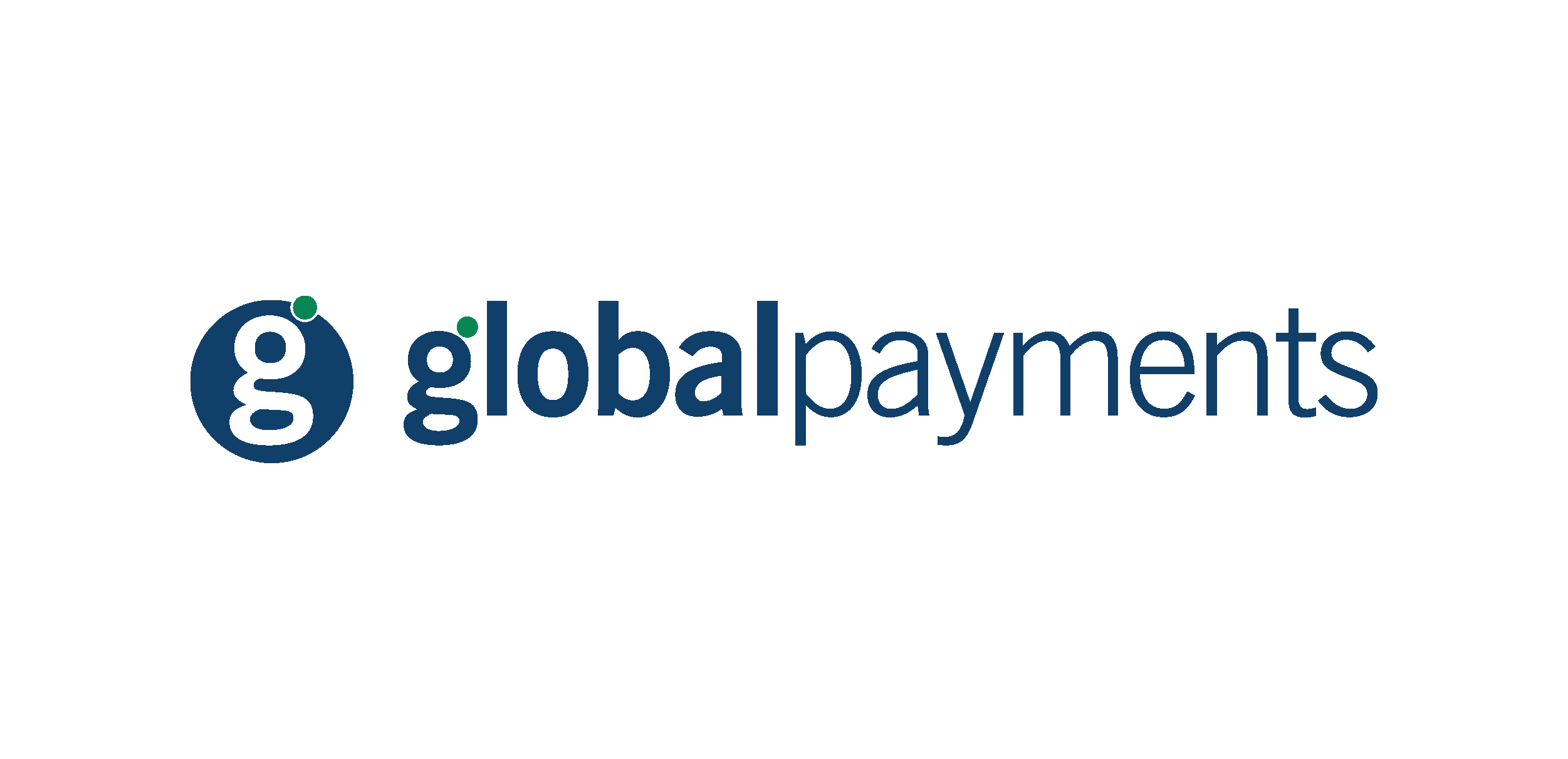
~ Invoices worth ~$1.5 billion presented, paid, and reconciled in 2021 ~
~ Large corporates across sectors move away from physical payments ~
JP Morgan-backed Global PayEX reported 600 per cent growth in digital invoice presentment and payments on its platform, FreePay, in 2021. The 6X growth signals the rapid adoption of AI-powered cloud solutions by Indian conglomerates to digitise and automate Accounts Receivable (AR).
Over 1.2 million invoices amounting to around $1.5 billion were presented, paid, and reconciled on FreePay. Almost 95 per cent of invoices were paid through electronic push-and-pull payment mechanisms, such as NEFT, RTGS, and ACH.
In addition to enabling digital payments, the cloud solution lowers the cost of transactions, brings real-time visibility to the pending invoices, and reconciles payments directly into the ERP software – achieving over 95 per cent straight-through processing (STP) or straight-through reconciliation (STR).
Several Fortune 500 companies across electrical goods, automobile, logistics, manufacturing, and pharmaceuticals are increasingly using FreePay for end-to-end invoice management. Automobile companies, for instance, saw 7X growth in invoices presented, paid, and reconciled on FreePay with the value of paid invoices amounting to nearly $250 million. Similarly, businesses in electrical goods recorded a 4X growth in adoption of FreePay with invoices amounting to $450 million being paid through the cloud platform.
Global PayEX, Chief Revenue Officer, Narayan ‘Naru’ Ramamoorthy said, “We are witnessing a surge in demand from mid-to-large corporates, and their customers and vendors for Artificial Intelligence, Cloud-based, and Machine Learning solutions to transform Accounts Receivable and Payable processes. The pandemic has definitely fuelled the B2B digitisation opportunity globally and in India, as businesses actively seek solutions that keep costs in check, enable ‘work from anywhere’ and streamline the otherwise slow, manual and complex processes. FreePay has helped our clients unlock millions of dollars in working capital and pursue new growth avenues.”
FreePay has improved the Daily Sales Outstanding, a measure of outstanding receivables, by an average of 20 per cent. Large corporates have noted a decrease between five to 17 days in DSO, thereby speeding up revenue realisations and freeing up working capital.
More than 50 corporates and 17,000 SME dealers and distributors on FreePay have moved away from paper-based payments, such as cheques and physical invoices, to adopt the cloud-based mobile and web dashboard to view invoices, use credit/debit notes, automate deduction workflows, and make digital payments.
Related News
- 06:00 am

Mswipe, a leading end-to-end digital enabler for SMEs, today announced that it has introduced a dedicated business vertical to strengthen the digital payments infrastructure of all government enterprises across the country.
The company announced the appointment of Dhruti Gawande as Head - Government Enterprise. She will be responsible for expanding Mswipe’s footprint in the government sector and support the latter’s vision of transforming India into a digitally-empowered society and a less-cash economy.
Mswipe, which accounts for an estimated 6.75 lakh POS and 11 lakh QR merchants across India will enable the government to realize its target of achieving a record 1 billion digital transactions a day.
Mswipe will support government enterprises in digitalising payments across all segments – toll collection, tourism, healthcare services, insurance among others to increase efficiency and customer engagement.
Mswipe CEO Ketan Patel said, “India is at the cusp of a digital transformation. While there has been a substantial penetration of digital payments across major government sectors including toll and transit space, healthcare, insurance and tourism, there is still a digital divide between metro and non-metro cities that needs to be bridged. We want to transform India’s financial services landscape through our platform, which provides accessibility and affordability to customers. Our dedicated business vertical under the able leadership of Dhruti, will help Mswipe power the digitization of several public services and bring convenience to end users.
In her previous role, Dhruti was Vice President - Wholesale Banking at Kotak Mahindra Bank, and oversaw business opportunities for central ministries and public sector institutions. She has extensive experience in working with large PSUs and corporates such as National Highways Authority of India (NHAI), Power Finance Corporation (PFC) and Indian Farmers Fertiliser Cooperative (IFFCO), among others.
She is a post-graduate from Jamnalal Bajaj Institute of Management Studies".
Related News
- 02:00 am
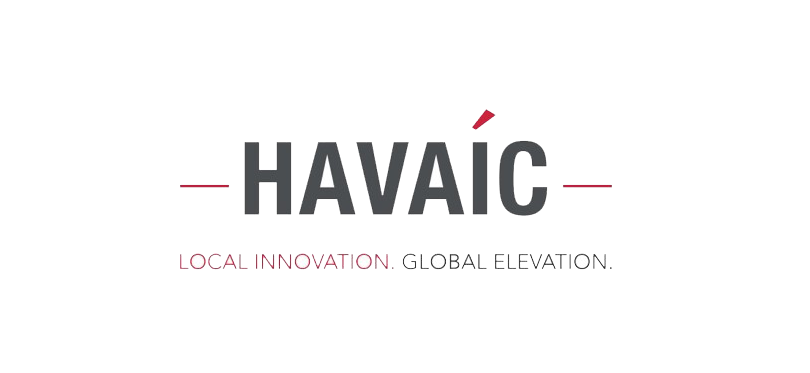
African unicorns have made big news in recent months, with four startups having recently reached a $1 billion valuation or more this year alone, taking the total up to seven. Two of the new entrants are in fintech, one in edtech, and one in general technology. These and other technology-enabled sectors are where emerging market investors are betting a flurry of new African unicorns will follow suit in the near future.
Unicorns are privately held, fast-growing startups with a valuation equal to or above $1 billion. Unicorns are “rare creatures,” hence the term, which, according to Ian Lessem, managing director of HAVAÍC, says is expected to rise in Africa in the coming years.
The number of billion-dollar companies is growing faster than ever before; unicorns in Africa have been a rare breed up until now.
“It is thanks to a combination of factors, not least of which has been the interest in these growing sectors from venture capital investors,” explains Lessem. “Across the globe, the number of billion-dollar companies is doubling in half the time, all while delivering leading returns.”
On the continent, with the pace of digital transformation and adoption continuing at unprecedented rates, the rise of African tech unicorns is starting to gain significant momentum.
High mobile penetration rates, a tech-savvy and growing youthful population, and advancements in technologies that help overcome historically poor infrastructure in Africa, are key factors driving the growth of promising technology businesses. In addition, an inflow of skilled human capital returning to Africa has created the perfect melting pot of opportunity and skills, bolstering the development of technology-enabled businesses.
“Africa is rich with opportunity – 2020 was a record year for investment in the startup ecosystem, with 2021 expected to be even better, explains Lessem. “It is a continent of born entrepreneurs solving a number of challenges that Africans are committed to addressing. When coupled with technology, ever-increasing addressable local and international markets, all buoyed by unprecedented amounts of investment, the future for the African tech sector has never been brighter.
In parallel to these developments, the venture capital market has matured in recent years, establishing a solid foundation for promising startups. Lessem elaborates, “The maturing venture capital market is supported by well-established accelerator programmes, corporate innovation challenges, and a wealth of international and local investors vying for an opportunity to support Africa’s growth opportunities.”
As Africa is not a homogenous market, finding the right partners with local experience and expertise is vital. “Whether termed a unicorn, camel or a gazelle, one thing holds true, African innovation backed by smart capital holds promise for investors who have the right partner by their side,” he adds.
Unicorns are an indication that a venture capital ecosystem is able to deliver scalable solutions, and with that deliver leading returns on investments; the rise of four unicorns this year to date, together with a maturing startup sector, is a strong indicator that Africa is ready for and heading towards producing many more billion-dollar companies in the years to come.

